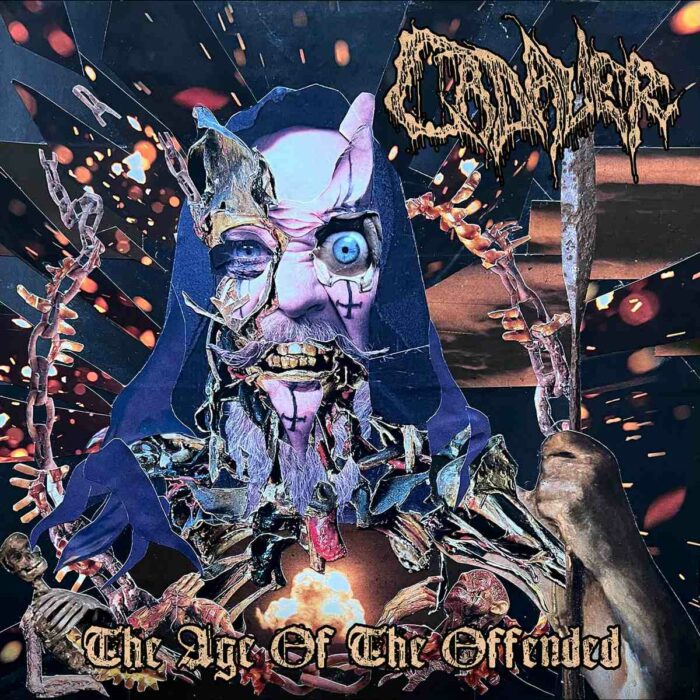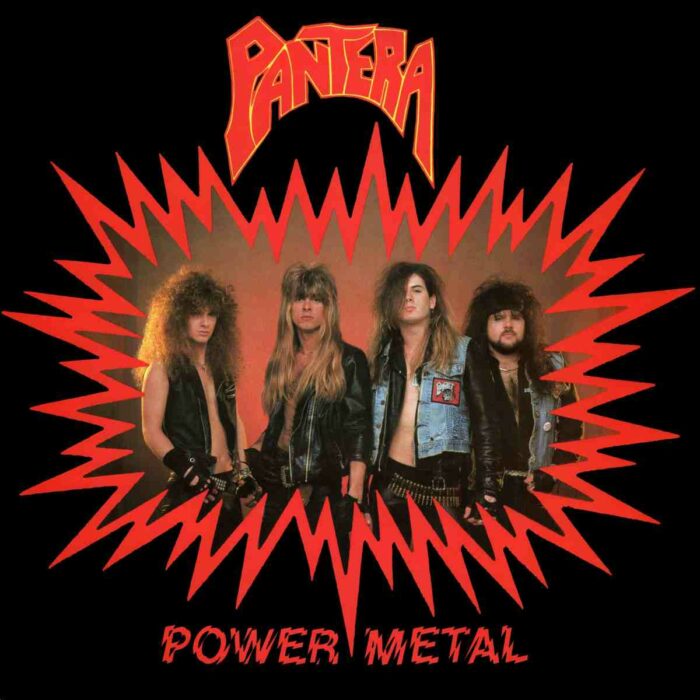We live in an inauthentic era because we have no reference points in common except mass culture, therefore most of what we do consists of throwing a dozen aesthetics in a blender, coming up with a unique combination, and using it as the basis for our careers, health of the genre be damned.
80 CommentsTags: marie kondo, Norwegian Black Metal, smr, swedish death cleaning











